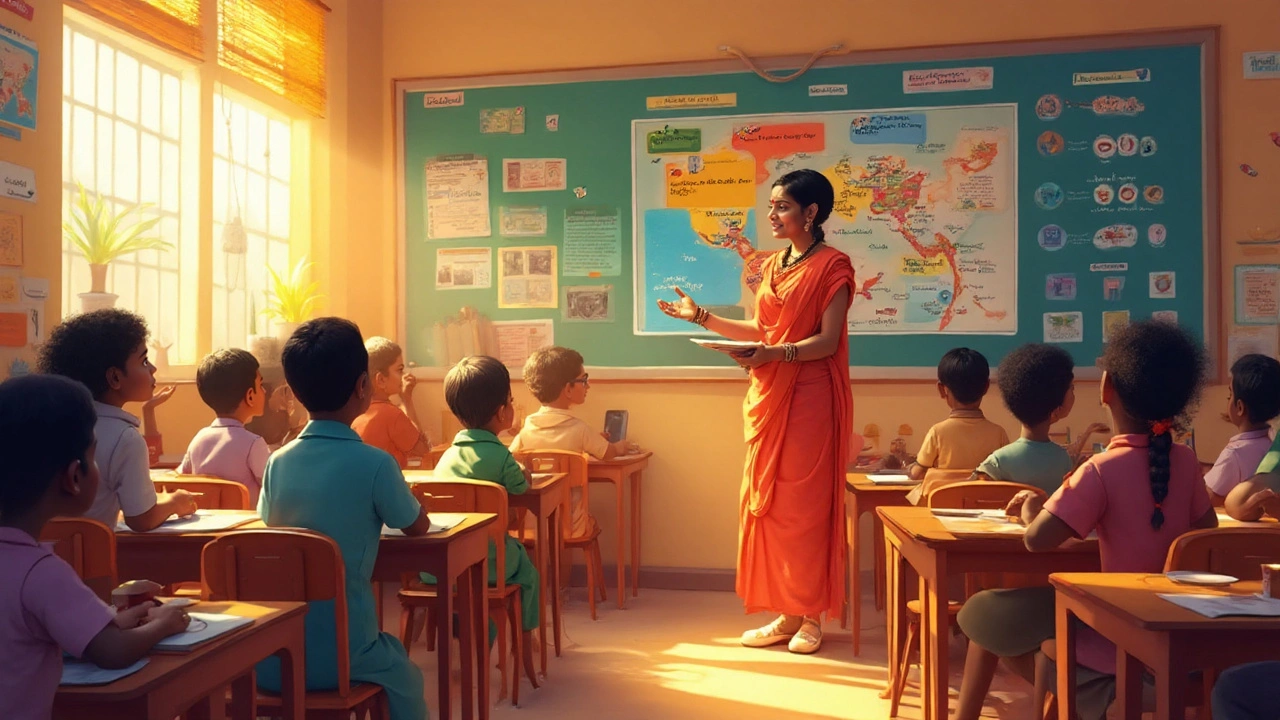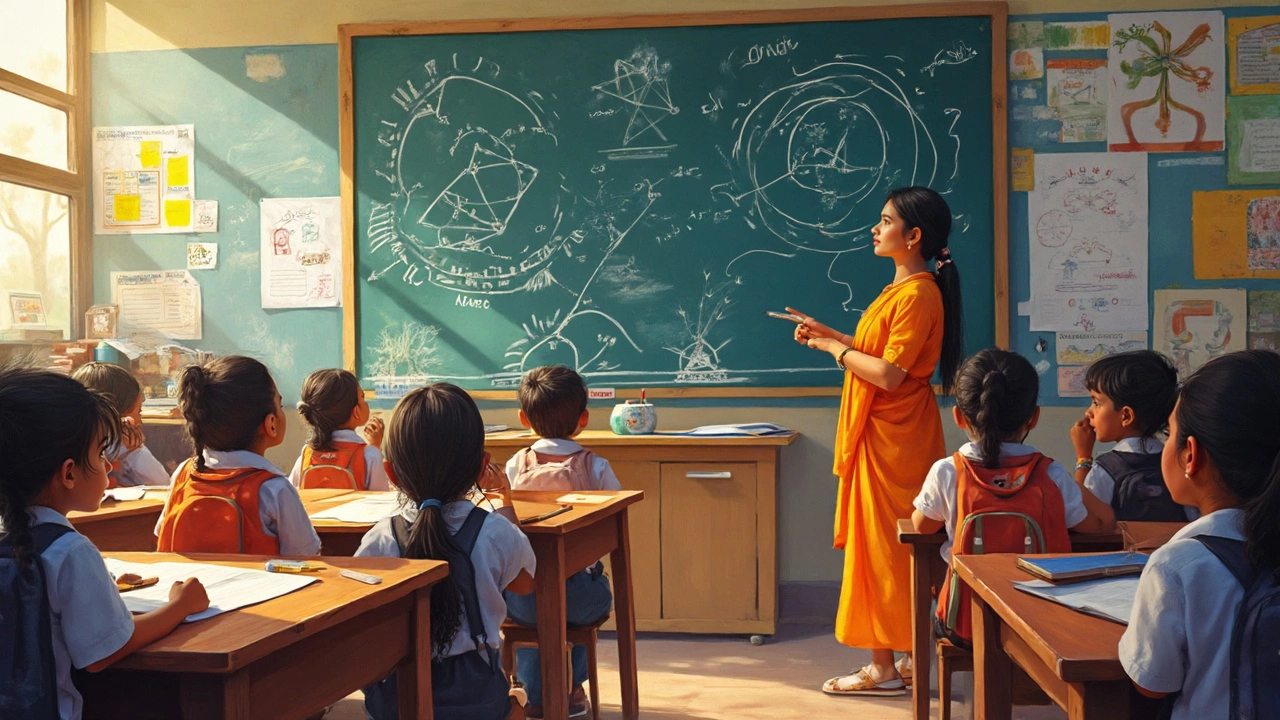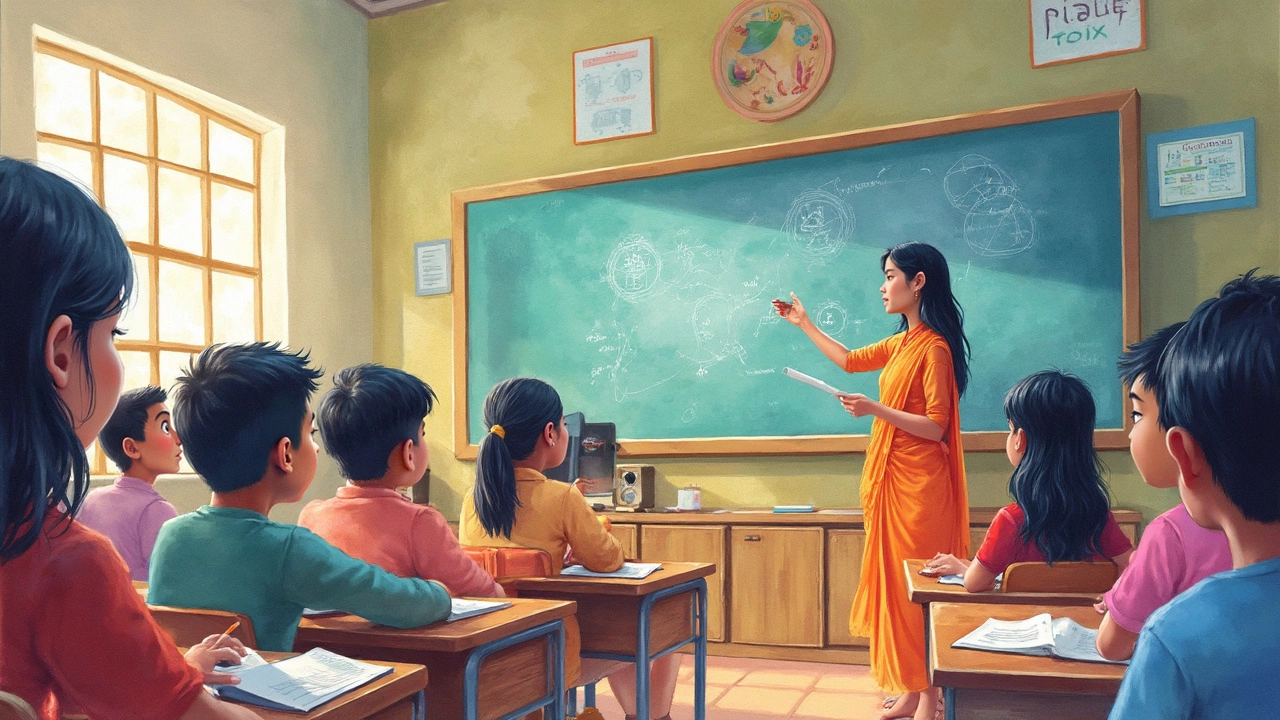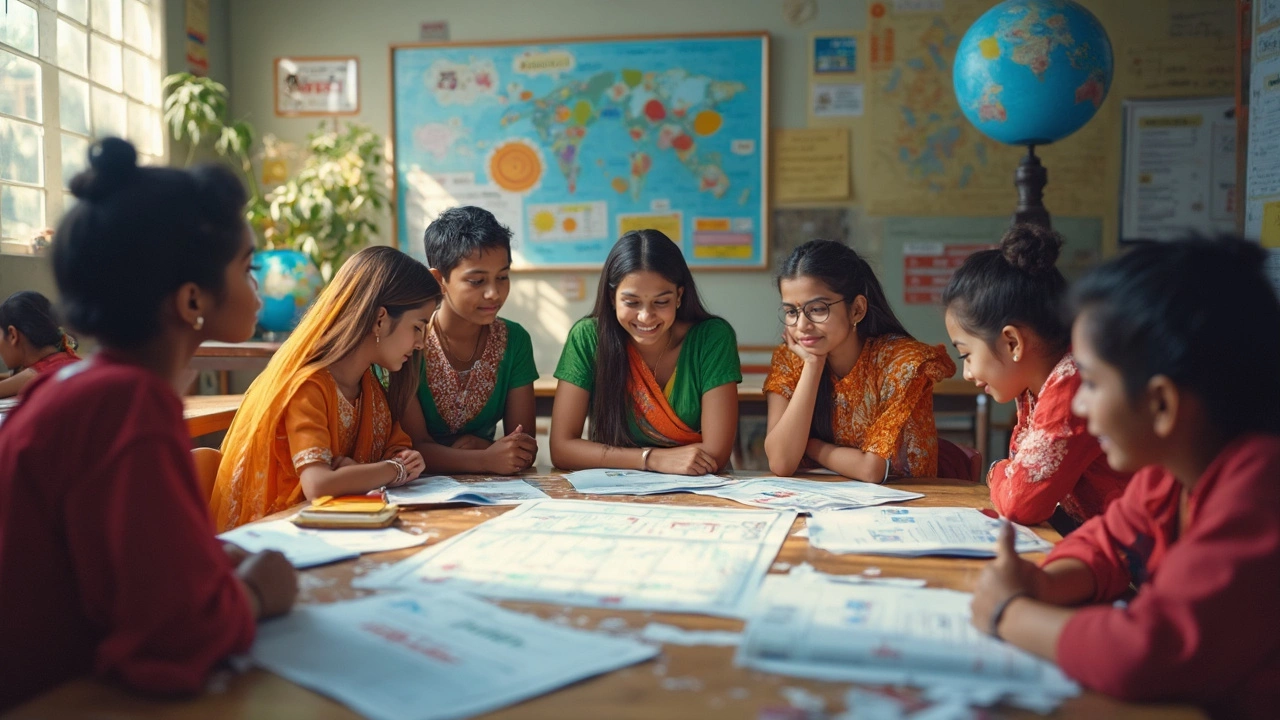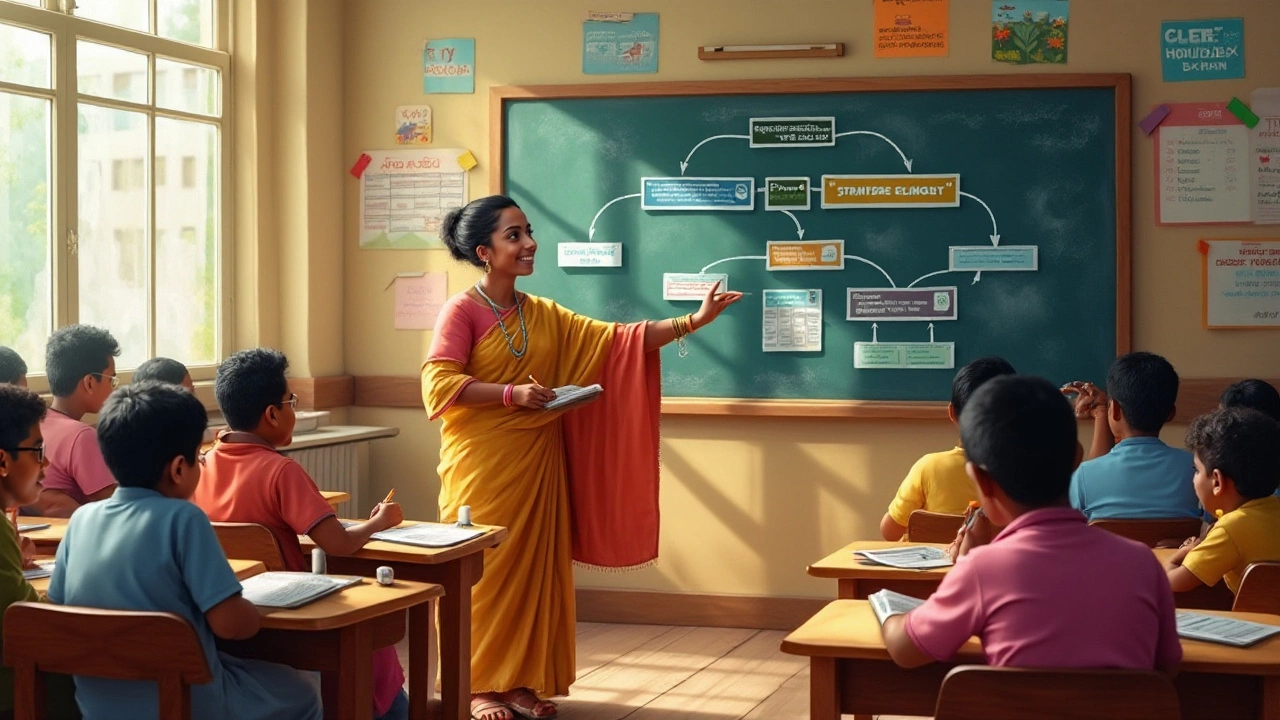CBSE: Understanding the Curriculum, Exams, and Why It Matters for Indian Students
When you hear CBSE, the Central Board of Secondary Education, India’s largest national school board that oversees curriculum and exams for over 20,000 schools. Also known as Central Board of Secondary Education, it’s the system most Indian families rely on for school education—from Class 1 all the way through Class 12. Whether you’re a parent deciding on a school, a student prepping for Class 10 or 12, or a teacher planning lessons, CBSE isn’t just another board—it’s the backbone of education for millions.
CBSE doesn’t just set textbooks. It shapes how students think. Its syllabus is designed to be practical, not just theoretical. That’s why you’ll find topics like financial literacy in Class 9, environmental science woven into biology, and coding introduced as early as Class 6. Unlike some state boards that focus heavily on rote learning, CBSE pushes for application—especially in science and math. And if you’re aiming for competitive exams like JEE or NEET, CBSE is the most common starting point. Over 80% of JEE aspirants come from CBSE schools, not because it’s easier, but because its structure aligns directly with the exam pattern.
CBSE also controls the big exams that decide next steps: the Class 10 board exam and the Class 12 board exam. These aren’t just tests—they’re gateways. A good score in CBSE Class 12 opens doors to top engineering colleges, medical schools, and even universities abroad. But here’s the thing: CBSE doesn’t just test memory. It tests understanding. That’s why the questions in recent years have shifted from direct textbook answers to real-life problem-solving. A student who can explain how a circuit works in a phone, not just recite Ohm’s Law, will do better. And that’s why teachers and parents are now focusing less on memorizing notes and more on building concepts.
What makes CBSE different from ICSE or state boards? It’s simpler. Fewer subjects. More focus on core areas. Less pressure to master multiple languages unless you choose them. It’s also the only board that offers the same syllabus across the entire country—whether you’re in Delhi, Kerala, or Jammu. That’s why it’s the go-to choice for families who move often, or for students planning to take national-level exams.
And it’s not just about academics. CBSE has pushed digital learning, competency-based education, and skill development into classrooms. You’ll find projects on entrepreneurship, mental health awareness, and even AI basics in the curriculum now. The board is slowly moving away from the old exam-centric model toward one that values thinking, not just ticking boxes.
So if you’re wondering whether CBSE is right for your child—or whether you should stick with it as a student—the answer isn’t about being the best. It’s about being aligned. With the right support, CBSE gives you the tools to compete nationally. And if you’re looking for how to navigate its syllabus, prep for its exams, or understand its shifts over the years, you’ll find real, practical help below.
